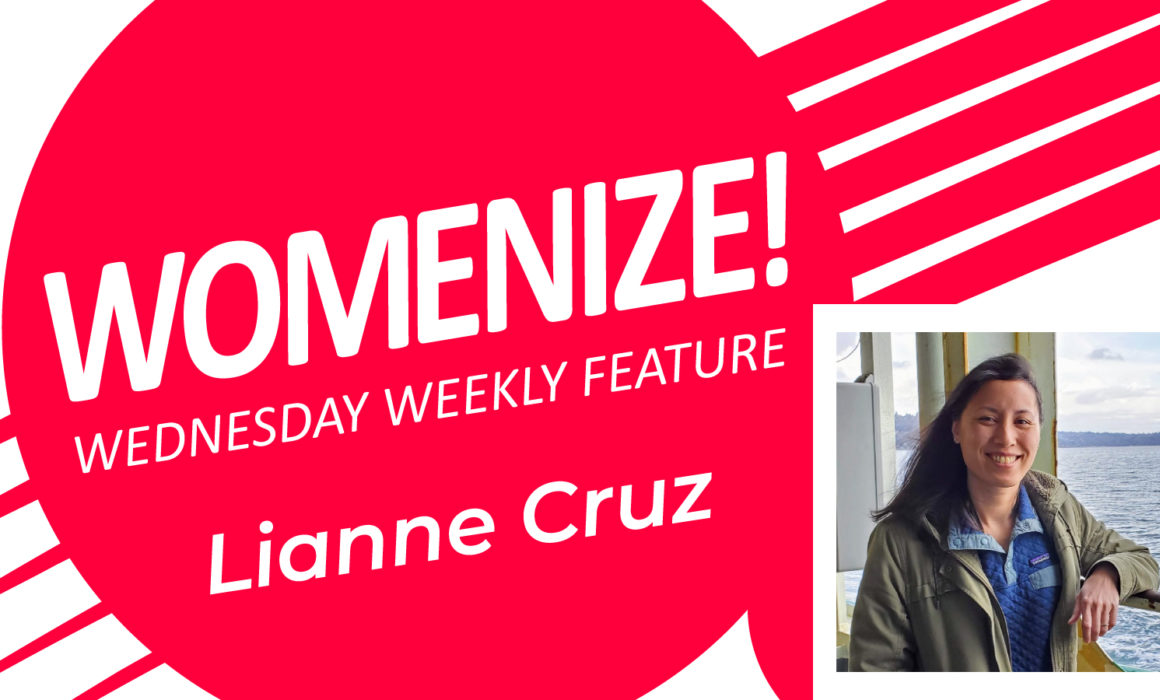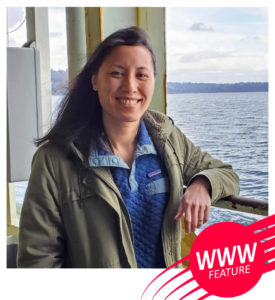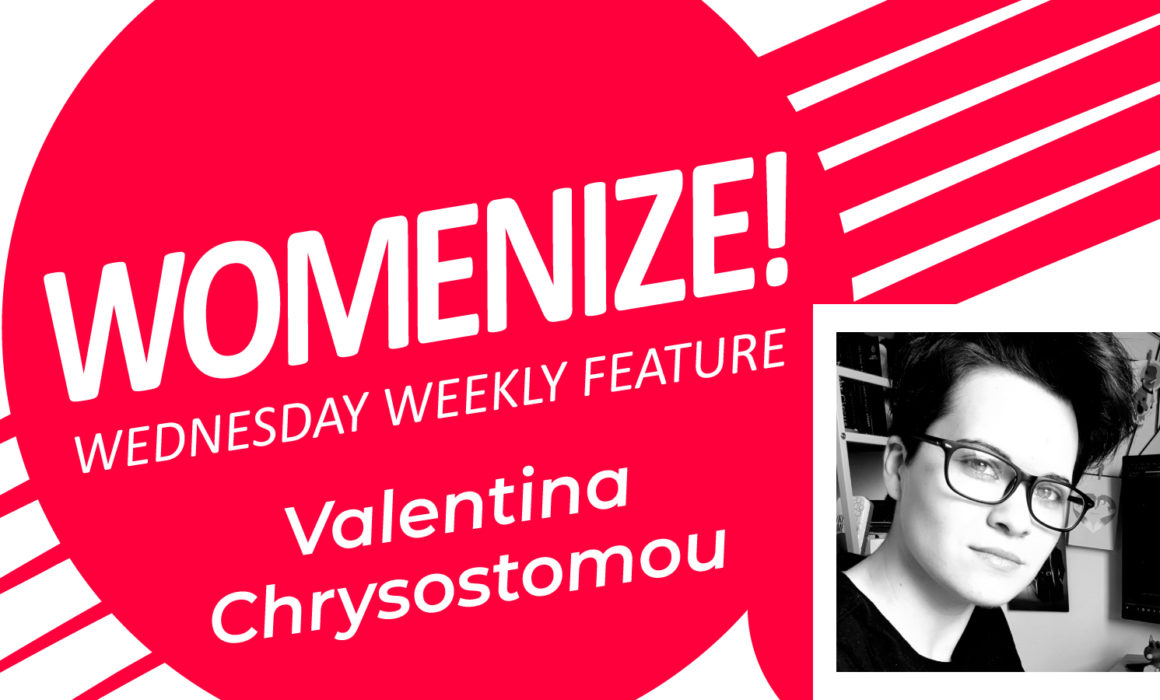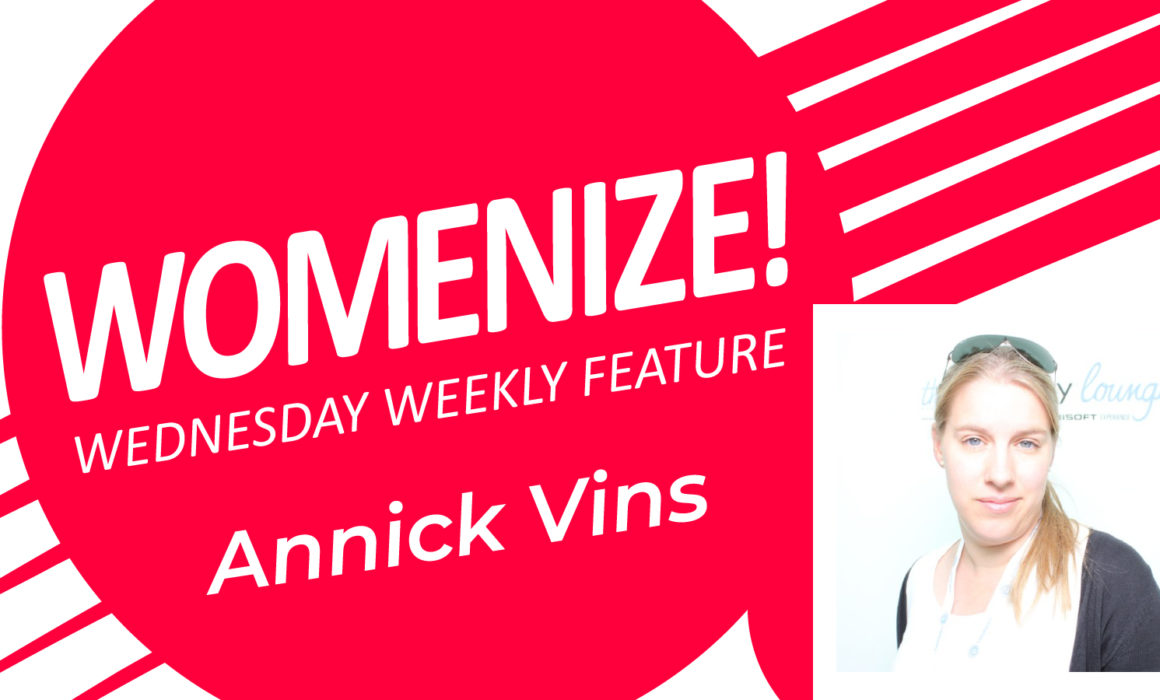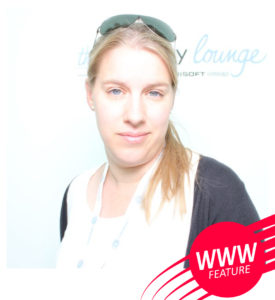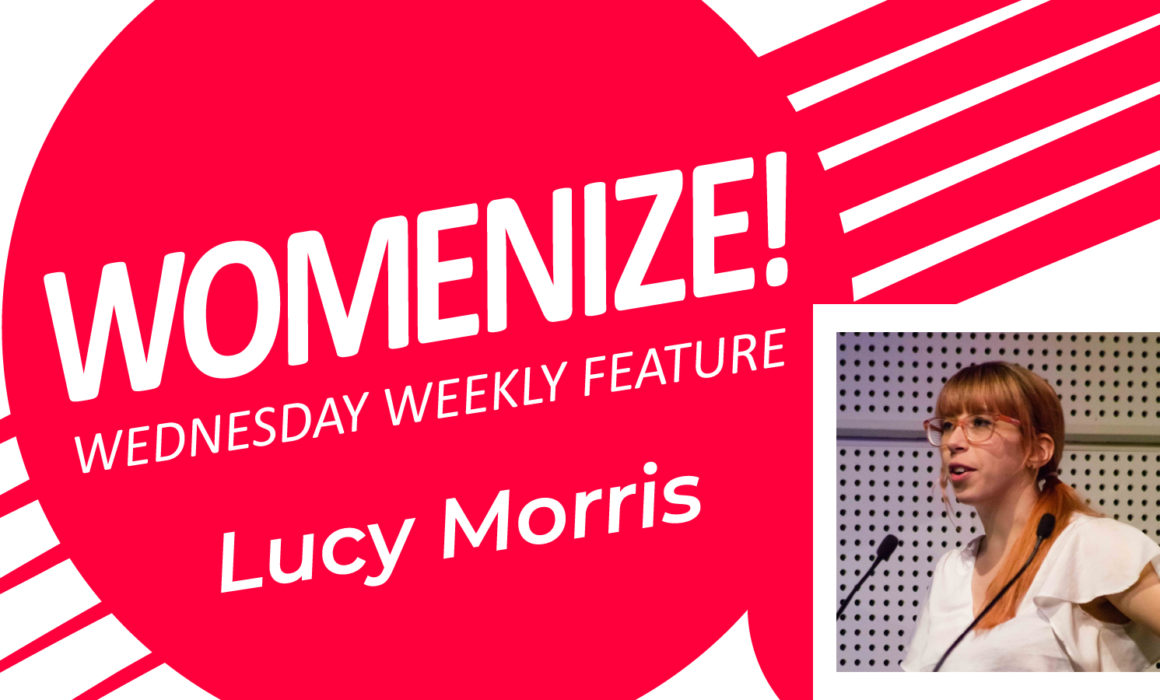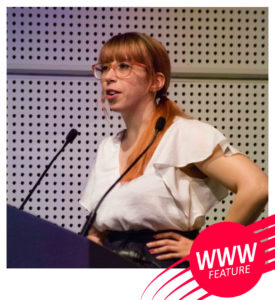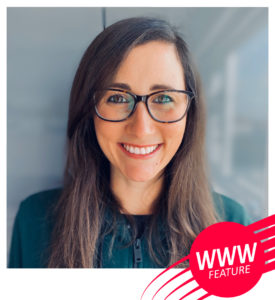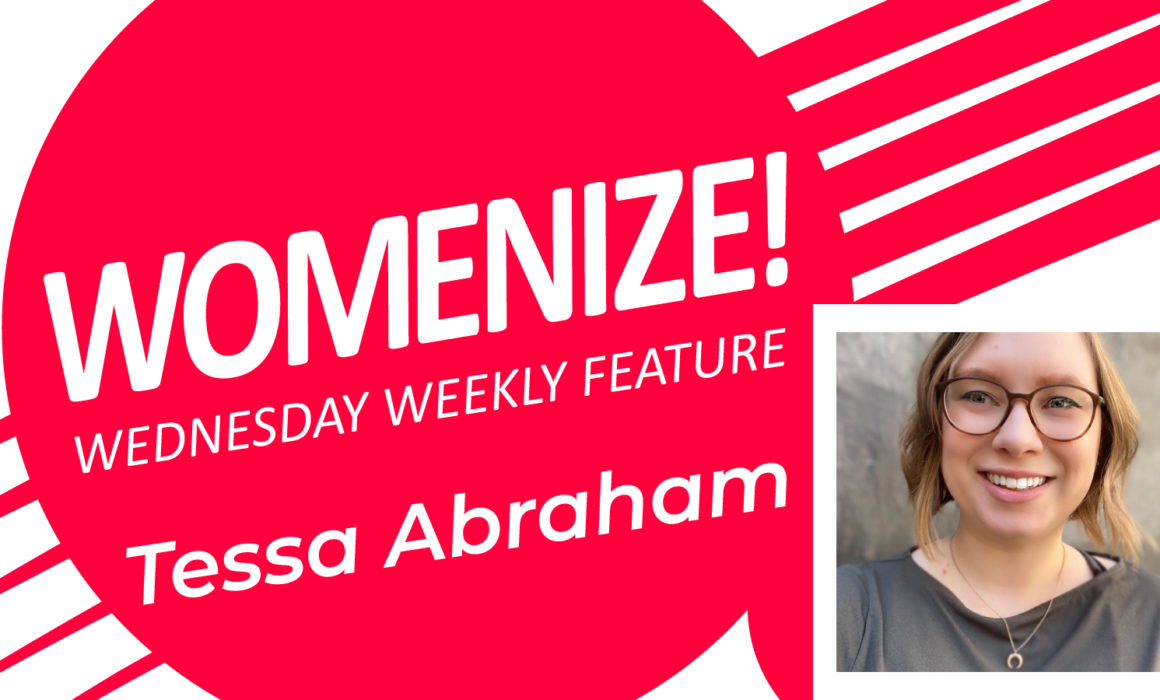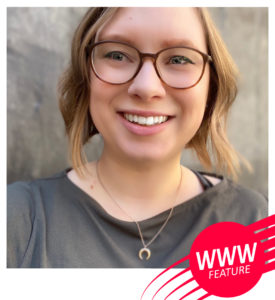WWW FEATURE: Anne Zarnecke
Womenize! Wednesday Weekly is our weekly series featuring inspirational women from games and tech. For this edition we talked to Anne Zarnecke, game designer at Mad About Pandas, freelance games journalist and former Womenize! Wednesday Weekly author. Read more about Anne in this interview:
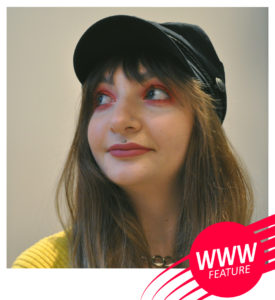 Hi Anne! What is it that you love most about being a game designer in this industry? And are you really mad about pandas?
Hi Anne! What is it that you love most about being a game designer in this industry? And are you really mad about pandas?
When people talk about how they found their passion for video game development, it often starts in their childhood or with them creating games on their own before starting a professional career. For me, the first time I started getting into video game development was when I started my game design bachelor’s degree. Working on game projects with other students and learning what it takes to create games, sparked a creative drive in me that I thought I’d lost a long time ago. Game design holds a lot of power, I find it fascinating that your own work can have a direct impact on the player’s emotions. I think that is what I love most about being a game designer. Starting a degree without any prior knowledge to the field was definitely a risky decision, but fortunately it worked out better for me than I ever could’ve imagined!
Am I mad about pandas? I’m pretty sure, because with me now working at the studio for almost two years, I can’t walk past any panda-related thing without having the urge to buy it and put it into our office.
Apart from game development, you are also active in the area of game journalism. How do you manage your time efficiently, are there any handy hints you can share?
I feel like it is very hard to give concrete advice on how to manage your time efficiently, because everybody works differently. I think the best way, as with almost everything, is to try and find out what works best for you. Research some common techniques, try to find out whether you work best with digital tools (apps, browser extensions) or “real” tools (bullet journals, to do lists) and try them separately, so you can find out which process suits you. Don’t be demotivated when it takes you a while to find something. It took me a couple of years and many hours of introspective thinking to find out how I work the best. In terms of resources, I can highly recommend the book Drive by Daniel H. Pink, the GTD Method by David Allen, as well as Csíkszentmihályi’s theory of flow.
Also, acknowledging that you are a human, not a machine, is very important when trying to stay motivated. You will have bad days where you won’t get anything done – and that is completely fine. It is important not to beat yourself up for it, but rather learn from these days and try to figure out how you can make the most of them.
While writing so many interesting Womenize! Wednesday Weekly portraits about women in the industry in the past, who did you personally find most inspiring?
I don’t think I can single out one woman that I found most inspiring. All of the women I have interviewed are inspiring for me in different ways. One of the questions I have asked a lot was how they initially got started in the industry. As you can probably guess, there wasn’t a definitive answer to my question.
However, what I noticed in the answers of every single woman I’ve had the pleasure to interview, was the sheer passion they have for video games, which seems to drive a big part of their actions. As someone who is still pretty new to the whole professional game development-thing, it felt very inspiring to see that there is not a singular path to establish yourself in the games industry, but that it is your passion for games that will keep you moving to wherever you may want to go.
Thank you for your time, Anne!
Anne’s Links: Anne’s Twitter | Anne’s Website | Hitchhiker Game Website
WWW Feature by Sophie Brügmann

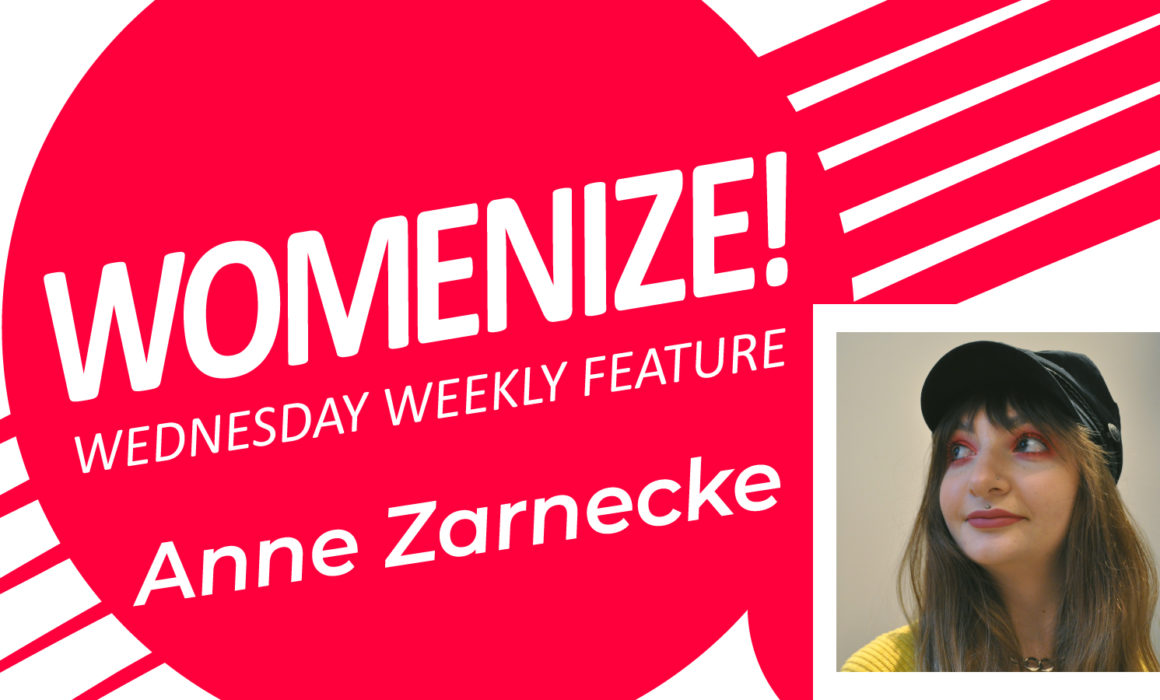
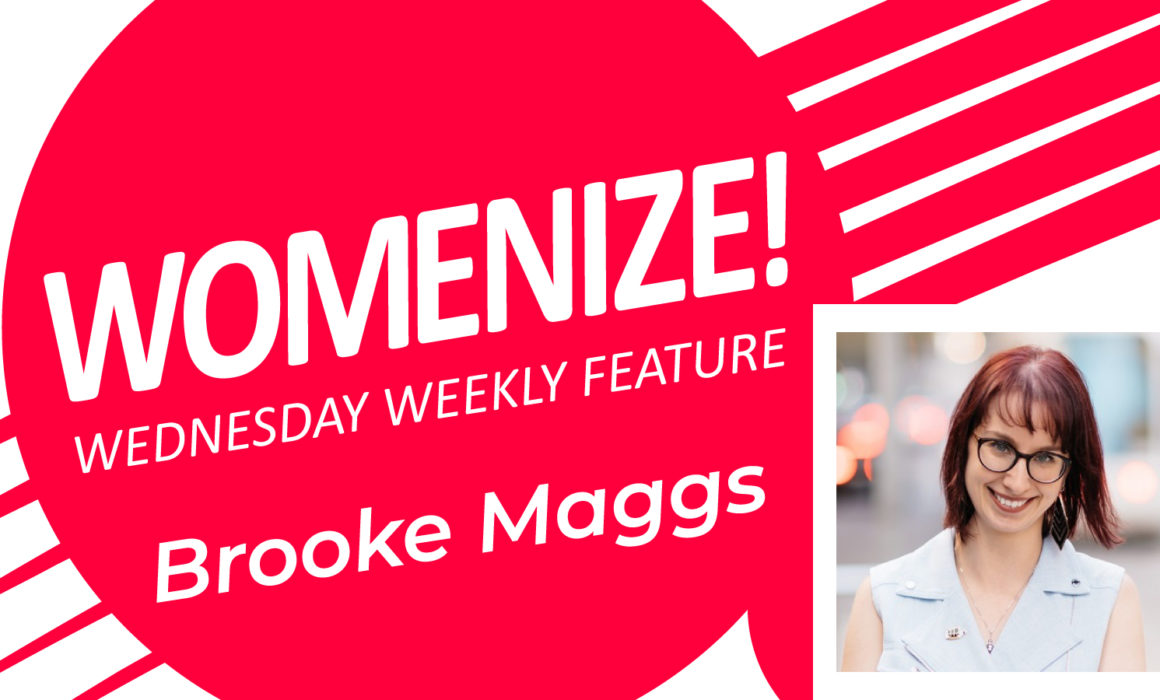
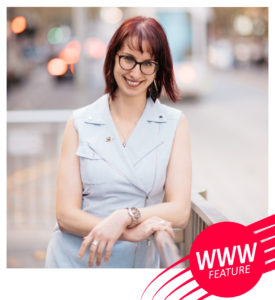 Hi Brooke! You are Senior Narrative Designer at Remedy Entertainment. How did you get started in the games industry?
Hi Brooke! You are Senior Narrative Designer at Remedy Entertainment. How did you get started in the games industry?